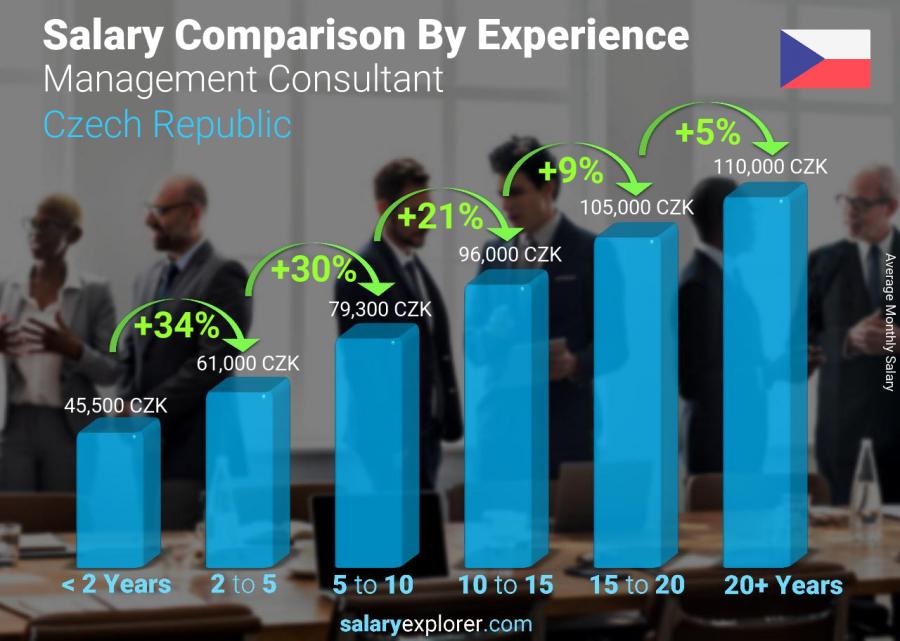
If you're considering hiring a brand consultant to help your company, there are a few things you need to know. This article will assist you in evaluating a brand consulting firm, as well as educating you about the benefits and how they work. It also includes some tips to help you get started on the right foot.
How to identify a brand consultant
When choosing a brand consultant, you want to work with a person who understands your business. You need a consultant who not only knows about brand strategy, but has industry experience. A consultant should also be able to use data and research in order to get results for your company. A great consultant should be able and willing to give you detailed explanations of the process.
A brand consultant has a lot of experience in the advertising and marketing industry and is skilled in creating and implementing successful brands strategies. Their expertise includes the development of creative materials that reflect the client's vision, as well as analyzing competitors. They are also skilled in managing brand reputation and responding to negative press.

Assessing a brand consultant
A brand consultant assists companies in creating and executing their brand strategies. They can help companies identify their competitive advantages and create new marketing campaigns. They can also educate marketers on the importance of branding and how to create a positive brand culture. Assessing a brand consultant can help you decide if they are right for your business.
It is important to inquire about the experiences of brand strategists across all media platforms and touchpoints. If they have extensive experience with strategy and design, they will likely be an excellent choice. You also need to make sure that the brand consultants you hire have a proven process of brand strategy design. Do not allow a brand consulting firm to play loose with your brand strategy.
Consult with a branding consultant
Brand consultants can help your company build a cohesive brand that communicates with your customers from all channels. They can also help improve the effectiveness of your marketing campaigns. They can also help your employees understand the value of branding and help you create a brand culture. It is crucial that brand consultants be available to any business, even those at the start-up stage.
A brand consultant will work with you to determine how your brand performs in different touch points, including website design, email newsletters, brochures, and more. They will assess whether your logo design supports the business's goals.

The benefits of hiring a brand strategist
An investment in brand consulting can be smart for your business. The best brand consultants will know your target audience as well as your internal stakeholders. Their recommendations will be supported by research that will help you create strong brands. You will need to do your research to find the right brand consulting firm for you.
Branding is not only about creating a logo, it's about the entire experience of your customers. Although a graphic artist can help create the logo for you, a brand advisor will be able weave your personality through every aspect of your company. This type of perspective and impartiality are important for developing or re-designing your brand.
FAQ
Is it possible to start a consultancy from home?
Absolutely! Many consultants do this already.
Freelancers often work remotely through tools like Skype and Trello, Basecamp, Basecamp, Dropbox, and Slack. They may even create their own office space in order to take advantage of company perks.
Some freelancers prefer to work in cafes or libraries instead of in a traditional office environment.
Others choose to work at home because they love being with their children.
While working remotely has its advantages, it also comes with some disadvantages. It's worth looking into if your job is fulfilling.
How does consulting differ from freelancing?
Freelancers are individuals who work for themselves and offer their services to clients. They typically charge hourly rates based on time spent working on a client's project. Consultants typically work for agencies and companies that employ them. Their salaries are usually paid monthly or annually.
Freelancers tend to have more flexibility than consultants because they control their work hours and set their own prices. Consultants often offer better benefits such as vacation days and retirement plans, health insurance, and vacation days.
Do I need to seek legal advice?
Yes! Yes. Many consultants will create contracts for clients without seeking legal advice. This can create problems down the line. For example, what happens if the client terminates the agreement before the consultant's completion date? Or what happens if a consultant fails to meet the deadlines in the contract?
To avoid any potential problems, it is best to consult a lawyer.
Statistics
- 67% of consultants start their consulting businesses after quitting their jobs, while 33% start while they're still at their jobs. (consultingsuccess.com)
- So, if you help your clients increase their sales by 33%, then use a word like “revolution” instead of “increase.” (consultingsuccess.com)
- According to IBISWorld, revenues in the consulting industry will exceed $261 billion in 2020. (nerdwallet.com)
- Over 50% of consultants get their first consulting client through a referral from their network. (consultingsuccess.com)
- On average, your program increases the sales team's performance by 33%. (consultingsuccess.com)
External Links
How To
What Does A Typical Day For A Consultant Look Like?
Depending on what type of work you do, your typical day may vary. You'll spend your time researching new ideas and meeting clients.
Clients will often meet with you to discuss their problems. These meetings can be done over the phone or via email.
The proposal is a document that outlines your ideas and plans to clients. These proposals should be discussed with a mentor or colleague before being presented to clients.
After all the preparation and planning, it's time to actually create some content. This could include writing articles, designing websites or editing photos.
Depending on your project's scope, it may be necessary to do research to get relevant statistics. It may be necessary to know how many customers are currently using your products or services.
Once you have collected enough information, it's now time to present the findings to your clients. You can present your findings verbally or in writing.
You must also follow up with clients following the initial consultation. You could phone them occasionally to check on things or send an email asking them to confirm that you have received their proposal.
Although it takes time, this process is worth it. It's also important to keep your eyes on the prize and maintain good relations with clients.